
Analysis: Holes in the Evidence for Evidence-Based
|
Why the evidence behind even the most highly-regarded treatment models for court-involved youth isn't nearly as strong as advertised.
Juvenile Justice Information Exchange (https://jjie.org/tag/feature2/)

Why the evidence behind even the most highly-regarded treatment models for court-involved youth isn't nearly as strong as advertised.

It seemed a throwback to the days of the country doctor: Go to the patients instead of having them come to you. As a young intern in the pediatrics department at the University of Virginia’s medical school in the mid-1970s, Scott Henggeler got that advice from his supervisor, a social worker on staff. He heeded it, taking the department’s van out for house calls into the natural beauty of the Shenandoah Valley in the Charlottesville area and soon had an epiphany about the folly of trying to treat some of the most troubled youngsters in an office setting. “I visited probably about six, seven homes, and in each case, all it really took was to just set foot inside the door and you realized how goofy your academic treatment plan was,” Henggeler told JJIE. “Doing the home-based stuff just removed the barriers, really removed most of the barriers and helped you better engage with the families, but also very importantly, you got much more accurate assessment data.
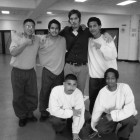
Last week's top juvenile justice headlines on JJIE.
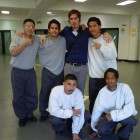
For InsideOUT Writers volunteers like Johnny Kovatch, California's juvenile halls hold an infinite amount of potential and opportunity.
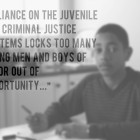
The week's top headlines in juvenile justice from JJIE and around the web.
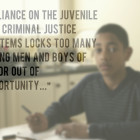
Eleven major foundations have pledged to spend a total of nearly $200 million for efforts to help boys and young men of color succeed, in concert with President Barack Obama’s “My Brother’s Keeper” initiative.

John Scarabaggio’s near-death overdose is a story that’s heard far too often on Staten Island, where prescription drug abuse is rampant.
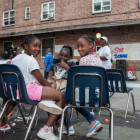
At a children’s summer party last Saturday afternoon at the Redfern Houses in Far Rockaway, Penny Wrencher made an introduction between two friends. “This is Nene,” Wrencher said to Taylonn Murphy, “She lost her daughter, too.”
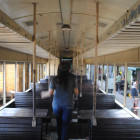
For years, researchers who study Central America have warned that organized crime was gaining strength.

Civil rights groups filed a federal complaint Tuesday challenging a Texas city’s ban on providing housing to “refugees” or foreigners such as the Central American children who’ve been turning themselves in at the border.